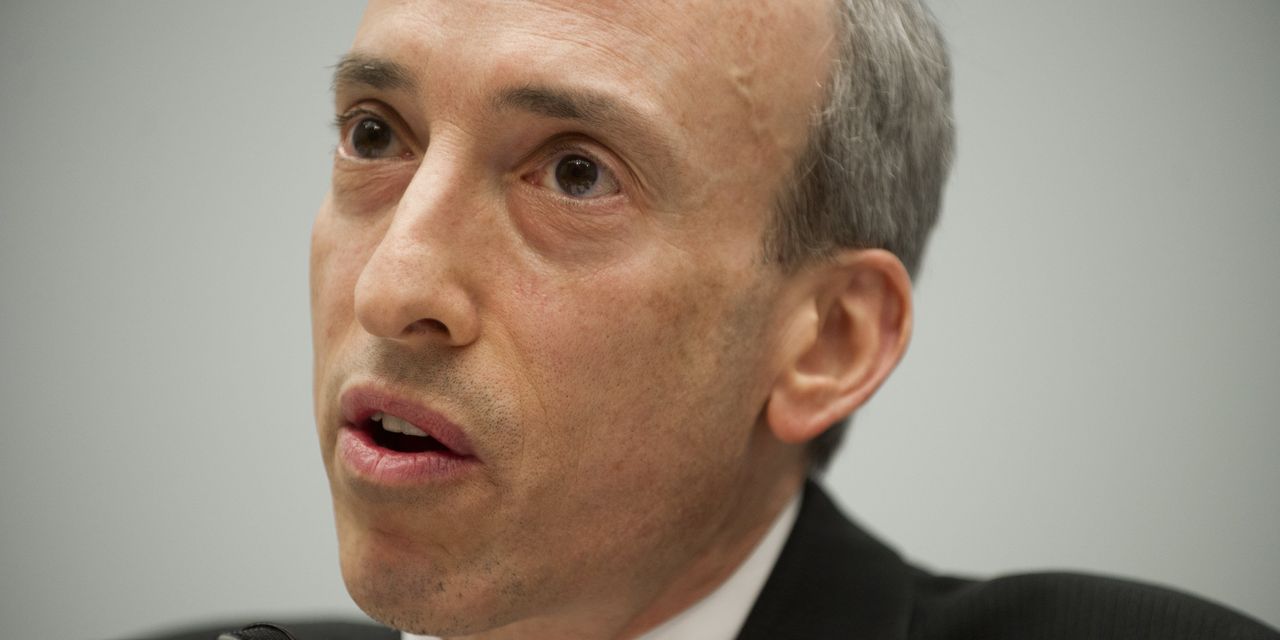CME Group Inc. criticized crypto exchange FTX’s plan to cut out the middlemen in the futures markets. Now, the Chicago exchange giant is taking a step in the same direction.
In August, CME
CME,
submitted paperwork to register a futures commission merchant, or FCM—essentially, a brokerage that would allow investors to buy and sell futures on CME’s marketplace. If the application is approved and CME gets into the brokerage business, investors could bypass existing brokers and connect to the exchange operator directly for futures trades.
The move could save money for investors, who pay fees to trade futures. But it is likely to prompt complaints from other FCMs that could lose revenue if CME undercuts them on fees. Clearing futures trades is big business for Wall Street banks—where FCM units are a key part of their prime-brokerage arms—as well as for specialized firms such as Advantage Futures and R.J. O’Brien & Associates LLC.
FCMs play a key role in the futures industry. Futures are contracts that allow traders to bet on whether markets such as oil, wheat or the S&P 500 will go up or down. Traders who want to buy or sell futures must post cash collateral, called margin, at an FCM. The FCM puts more cash into the trader’s account if his or her bet pays off, or demands more margin from the trader in the case of a losing bet. A default by a big trader can potentially cause losses for an FCM.
CME’s move comes after the company attacked a similar plan from FTX , the fast-growing crypto exchange led by 30-year-old billionaire Sam Bankman-Fried.
Earlier this year, FTX proposed that traders be allowed to post margin directly to its U.S. bitcoin-futures exchange, without using an FCM. The plan prompted intense debate, with financial heavyweights lobbying both for and against it in Washington. At a congressional hearing in May, CME Chief Executive Terrence Duffy said the FTX plan “would significantly increase market risk,” while Mr. Bankman-Fried defended the proposal as a long-overdue update to the plumbing behind futures markets.
The Commodity Futures Trading Commission is weighing whether to approve FTX’s plan and could reach a decision in the coming months.
Other crypto exchanges have also sought to cut out middlemen as they have launched bitcoin derivatives platforms. Coinbase Global Inc.
COIN,
acquired a derivatives exchange in January and is in the process of applying for an FCM license. Bitnomial Inc., a small bitcoin derivatives exchange, obtained an FCM license in September.
CME made no public announcement when it applied to register the new unit, and the application drew little attention. The CME spokeswoman confirmed to The Wall Street Journal this week that CME had submitted the application.

